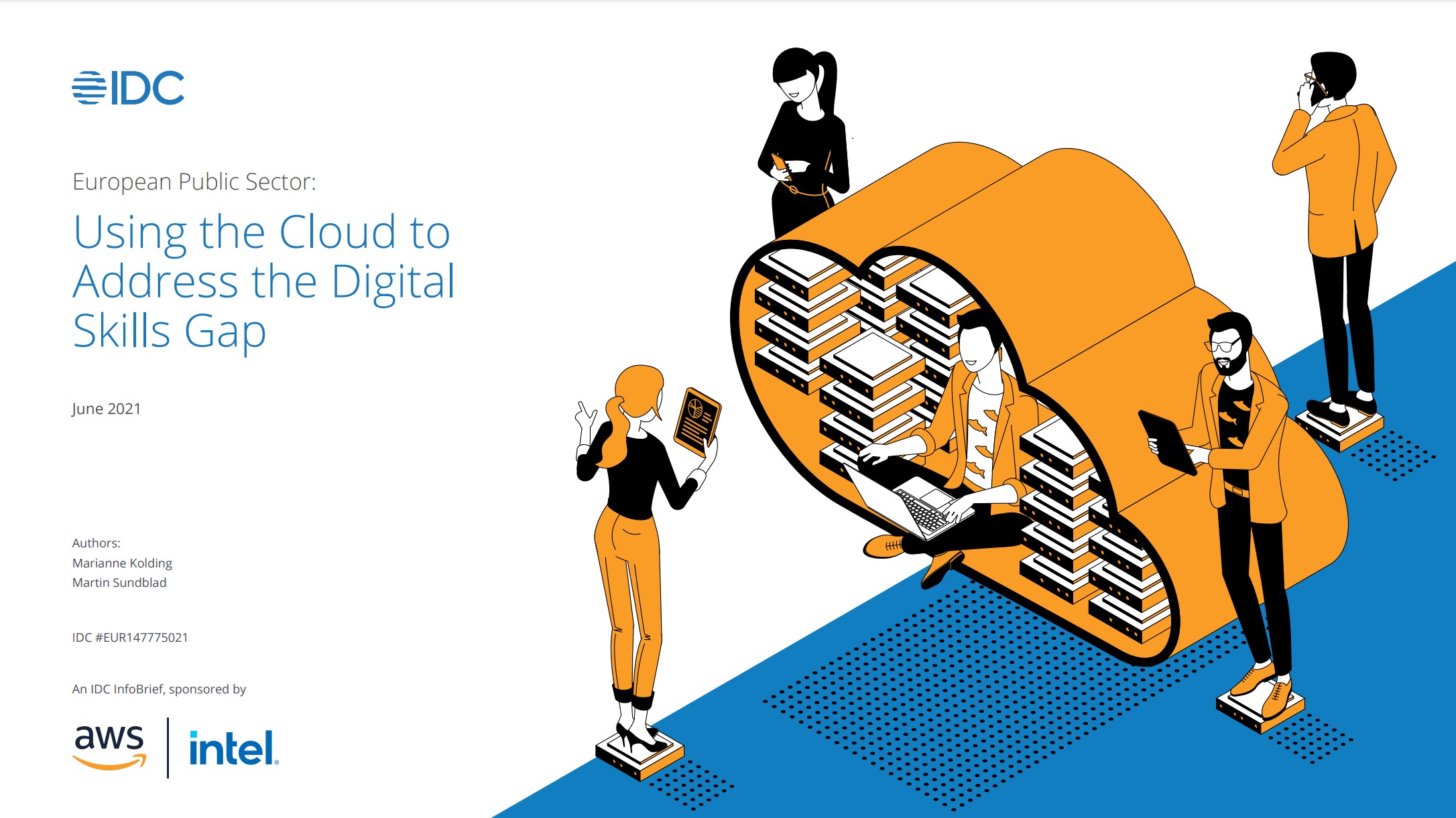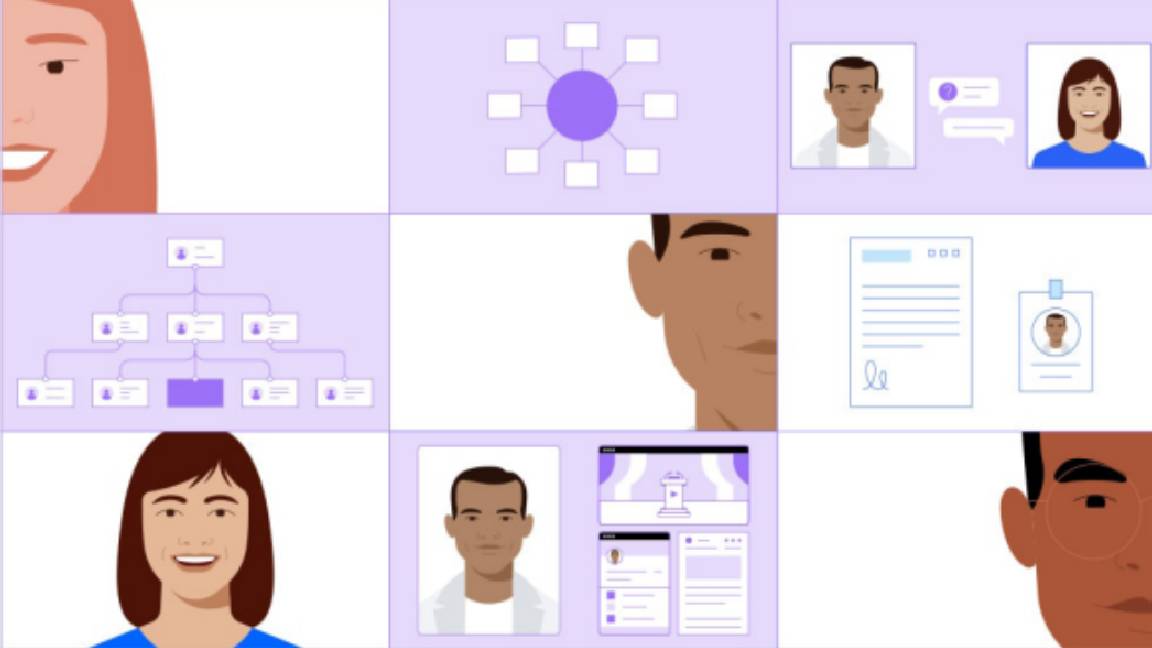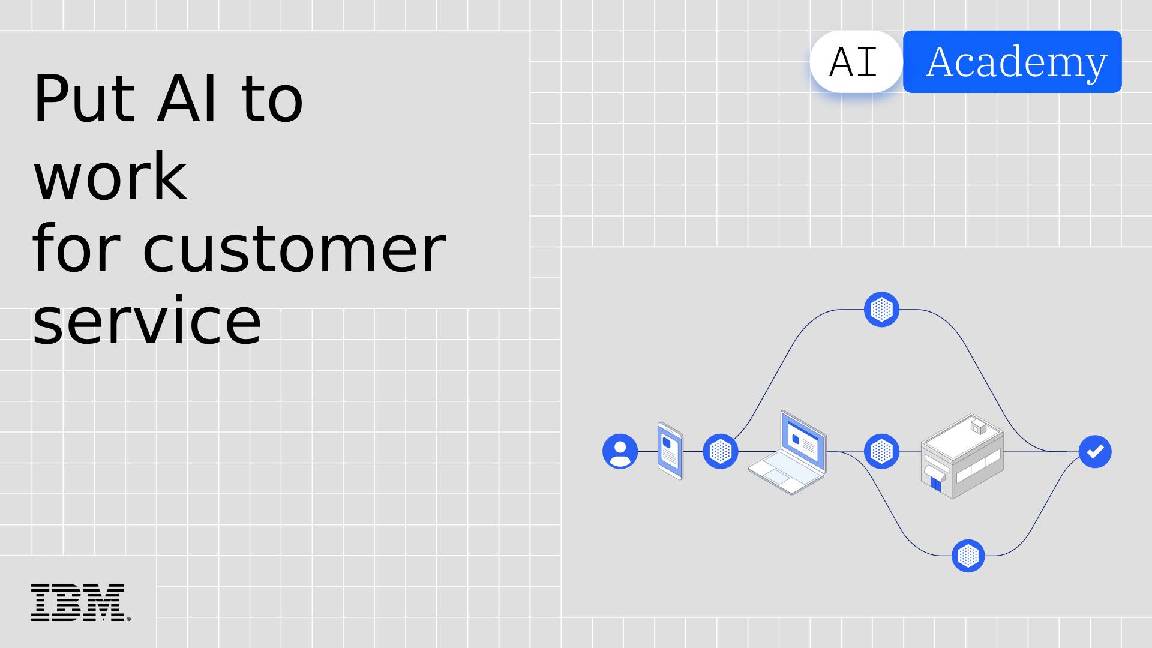Beating the IT brain drain: How to break the cycle of vanishing skills
Preventing loss of expertise when employees move on has never been more important

How much do you know about your own in-house knowledge base? How do you stop that knowledge draining away when people leave? What about the areas in which you have expertise that you didn't know existed in the first place?
Twitter University founder Marko Gargenta tells IT Pro exposing those "unknown knowns" – as late US defense secretary Donald Rumsfeld might have said – can be critical. “There's tacit knowledge and there are documented nuggets of wisdom, like policies, procedures, things that are stable," says Gargenta, currently chief executive of provider PlusPlus.
Within tech companies, especially those which continually innovate and reinvent themselves, a lot of knowledge falls into the less explicit category, Gargenta points out. Often firms rely on the ad hoc tap on the shoulder in situ to transfer tacit information, but this isn't efficient.
Instead, teams should discover tacit knowledge – for example by interviewing both up and down the hierarchy, asking lots of questions, then triangulating to expose knowledge gaps. They should also find challenges and develop multiple perspectives. Once made explicit, that knowledge can be documented and taught.
"It's usually like some common tool or library that a lot of people need to use and it's poorly understood," Gargenta says. "Then we can come up with a solution. Is it a workshop? A tech talk? A document or mentorship?"
Keeping knowledge alive
Live learning through hands-on workshops that generate interactivity and engagement can be cost-effective in many cases – not only transferring knowledge but ensuring people can adapt and use that knowledge in future. A regular hour or two, requiring relatively little preparation on the participants' parts, can often do the job.
Annee Bayeux, chief learning strategist at Degreed, suggests looking at staff retention too – it can't all be about offboarding. Also, when people leave, it can be partly because knowledge isn't being fully used and transferred across the company; growth potentials aren't being fulfilled.
Get the ITPro daily newsletter
Sign up today and you will receive a free copy of our Future Focus 2025 report - the leading guidance on AI, cybersecurity and other IT challenges as per 700+ senior executives
Government figures suggest 46% of UK businesses struggled through 2019-2021 to recruit for roles that require data skills, defined broadly.
"From day one, make sure you're developing them – and their managers, including how to coach, mentor, and give feedback," Bayeux says. "Even once they reach peak performance, people want to be learning new skills to stay relevant, or go deeper or wider."
Have you got people in accounts that could move into data science, or vice versa? If staff have 50% of a needed skillset, why not upskill them on the other 50% to give them more professional mobility? Overlooked opportunities can lead to staff becoming stale or disgruntled and leaving – taking their knowledge with them.
Capture knowledge from day one, and also look to knowledge development and delivery according to individual desire and requirement, Bayeux emphasises.
Caroline Carruthers, chief executive officer at global data consultancy Carruthers and Jackson, warns data isn't synonymous with information or knowledge either, so don't simply rely on a digital solution. Organisations must first clearly understand what's important to them. This can even mean discussing the nuance of key concepts, right down to defining the customer. Agreement on these things is "a lot less common than people think" yet can be the "crown jewel" of business success.
"Ask questions, be curious – that's how you get to the key assets," Carruthers says. "Look at purpose, people, methods and tools."
Focus on what matters most
Cristina Querzè, HR director – sales and Western Europe at Vertiv, says her company created three different academies to develop and retain technical knowledge in identified key competencies. Although organisational culture is also crucial, Vertiv's key asset is its technical expertise. "We ask what our teams need to know, and start with that," Querzè says. "Then there are processes to codify that."
RELATED RESOURCE

Using the cloud to address the digital skills gap
Boost retention in an increasingly digitised environment
Every six months, lists of critical knowledge for, say, sales engineers will be reviewed. Technical committees also work to identify subject matter experts and authors who can contribute to digestible lessons or content packages.
Mentoring and reverse-mentoring is useful. Learning in the flow of work is critical; it's not about creating an encyclopaedia of Vertiv knowledge, she emphasises.
"Industry has changed, customers have changed, knowledge needs to be continuously updated," Querzè says. "70% of the knowledge comes from experience and practice; 20% usually comes from serving others or the like; only 10% will be about formal training courses."
Jaco Vermeulen, chief technology officer at BML Digital, says many companies see it as about transferring knowledge from one brain to another and just don't do enough systematisation. Organisations need to move beyond simply avoiding, for instance, "reverse engineering a massive Excel spreadsheet" when someone leaves.
"Fragmented or very federated organisations need to be brought together to start to operate in harmony across the board," Vermeulen adds.
When systemisation is tied to a specific business outcome, do also communicate that it's not about removing people from the equation. "People are mostly eager to share what they know – but that's been a failing of business leadership and focus, so do that work today," Vermeulen warns. "Then IP becomes configurable rather than static."
Teresa Dietrich, chief product and technology officer at Stack Overflow, adds that it's crucial to get on top of this requirement, with knowledge soon becoming outdated and tech seeing high staff turnover. “Knowledge must be shared openly throughout their tenure and long before a departure," Dietrich advises.
Fleur Doidge is a journalist with more than twenty years of experience, mainly writing features and news for B2B technology or business magazines and websites. She writes on a shifting assortment of topics, including the IT reseller channel, manufacturing, datacentre, cloud computing and communications. You can follow Fleur on Twitter.
-
 Bigger salaries, more burnout: Is the CISO role in crisis?
Bigger salaries, more burnout: Is the CISO role in crisis?In-depth CISOs are more stressed than ever before – but why is this and what can be done?
By Kate O'Flaherty Published
-
 Cheap cyber crime kits can be bought on the dark web for less than $25
Cheap cyber crime kits can be bought on the dark web for less than $25News Research from NordVPN shows phishing kits are now widely available on the dark web and via messaging apps like Telegram, and are often selling for less than $25.
By Emma Woollacott Published
-
 It's been two weeks since CrowdStrike caused a global IT outage – what lessons should we learn?
It's been two weeks since CrowdStrike caused a global IT outage – what lessons should we learn?Opinion The incident on 19 July was possibly the biggest IT outage to date
By Stephen Pritchard Published
-
 Game-changing data security in seconds
Game-changing data security in secondswhitepaper Lepide’s real-time in-browser demo
By ITPro Published
-
 Unlocking the opportunities of open banking and beyond
Unlocking the opportunities of open banking and beyondwhitepaper The state of play, the direction of travel, and best practices from around the world
By ITPro Published
-
 Accelerated, gen AI powered mainframe app modernization with IBM watsonx code assistant for Z
Accelerated, gen AI powered mainframe app modernization with IBM watsonx code assistant for Zwhitepaper Many top enterprises run workloads on IBM Z
By ITPro Published
-
 Magic quadrant for finance and accounting business process outsourcing 2024
Magic quadrant for finance and accounting business process outsourcing 2024whitepaper Evaluate BPO providers’ ability to reduce costs
By ITPro Published
-
 Let’s rethink the recruiting process
Let’s rethink the recruiting processwhitepaper If you designed your recruiting process for a new company, what would you automate to attract and hire the best talent?
By ITPro Published
-
 The power of AI & automation: Productivity and agility
The power of AI & automation: Productivity and agilitywhitepaper To perform at its peak, automation requires incessant data from across the organization and partner ecosystem.
By ITPro Published
-
 AI academy: Put AI to work for customer service
AI academy: Put AI to work for customer servicewhitepaper Why AI is essential to transforming customer service
By ITPro Published